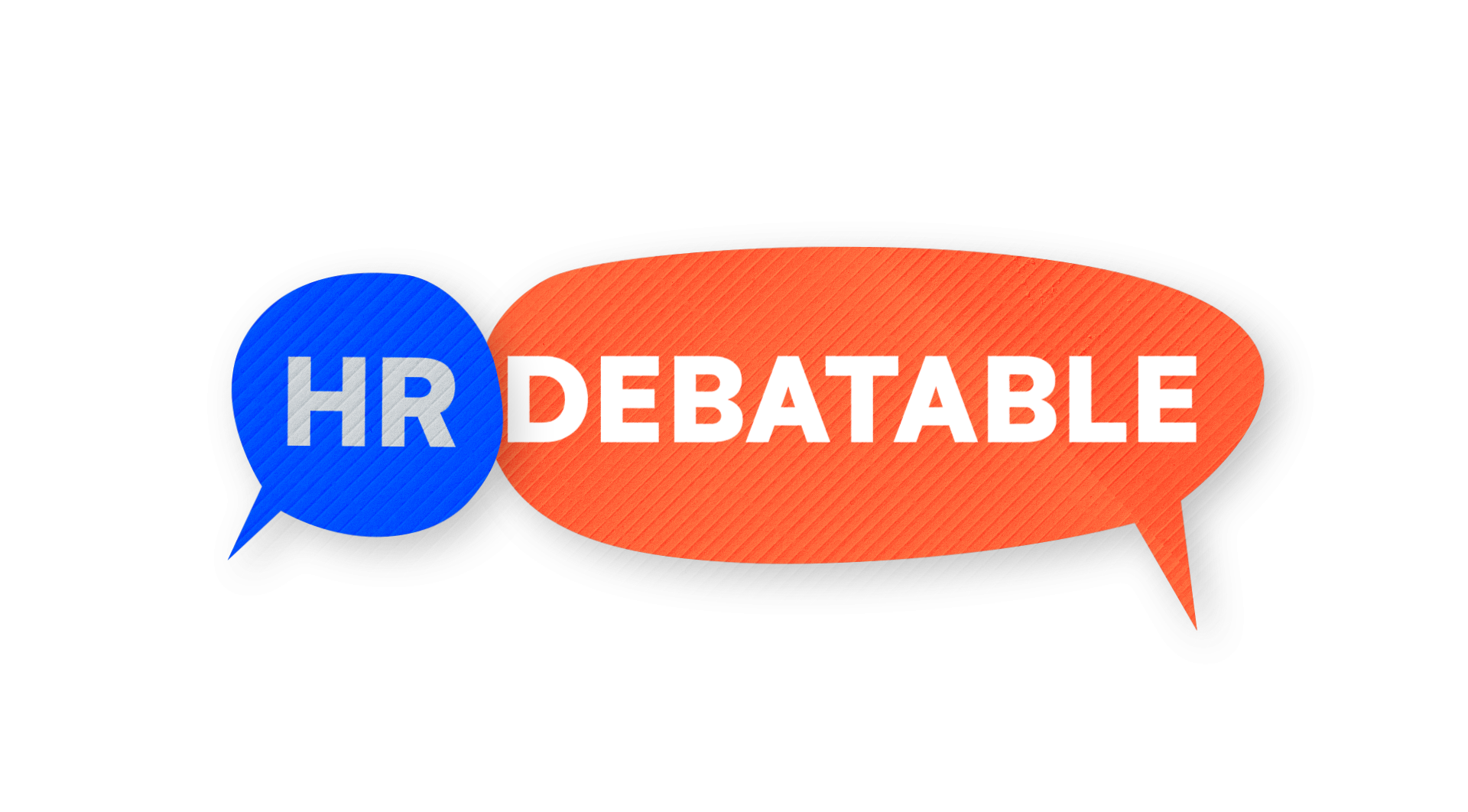Join session
EMPLOYEE ENGAGEMENT SURVEYS ARE FLAWED
Presented by
Description
Employee engagement remains a difficult thing to tackle for a lot of organizations. In their quest for higher engagement levels, and for lack of a better alternative perhaps, many of them turn to the infamous annual employee engagement survey.
And while the intention of conducting such a survey is good - gauging people on their satisfaction and happiness with their job and their workplace - the difficulty seems to lie in both the execution of the survey and the follow-up and by that I mean undertaking lasting action based on the results of the engagement survey.
Anonymity - or the lack thereof - also plays a role. A 2017 research conducted by the American Educational Research Association found that 75% of participants are more inclined to complete a survey truthfully if they are assured of the anonymity of the responses. But even when ‘anonymous’ some employees believed that their responses could still be tracked back to them, hence influencing their answers.
On the other hand though, when done well, employee surveys can have tremendous benefits for the organization. From increased productivity and engagement, to improved retention and recruitment and a stronger culture.
The question is, how many organizations actually know how to do their engagement surveys well? And how many companies don’t reap any benefits of the surveys they conduct due to a poor execution, a non-existent follow-up, and a fear of retaliation?
And this, brings me to our final statement of the day:
Employee Engagement Surveys Are Inherently Flawed and Do More Harm Than Good.


